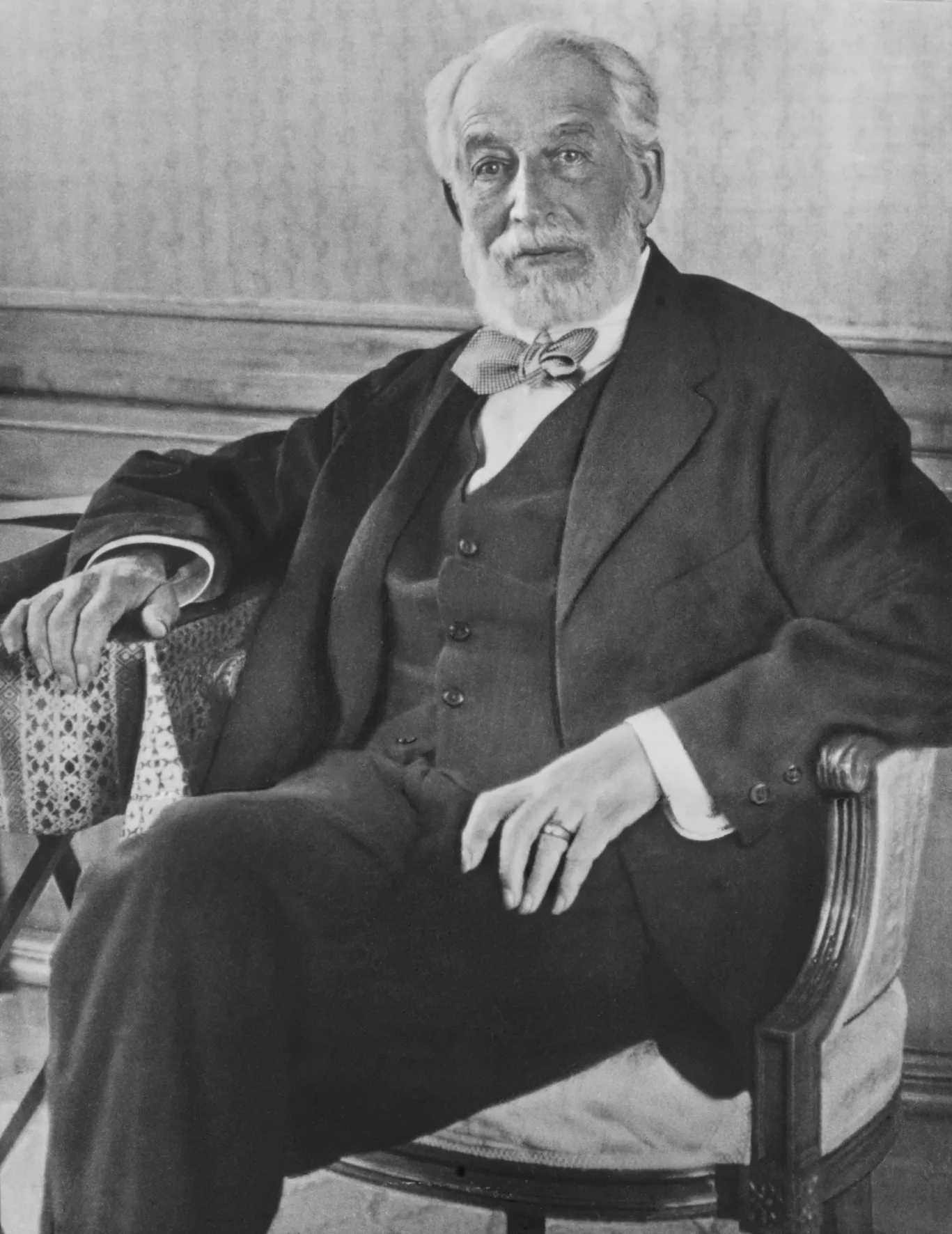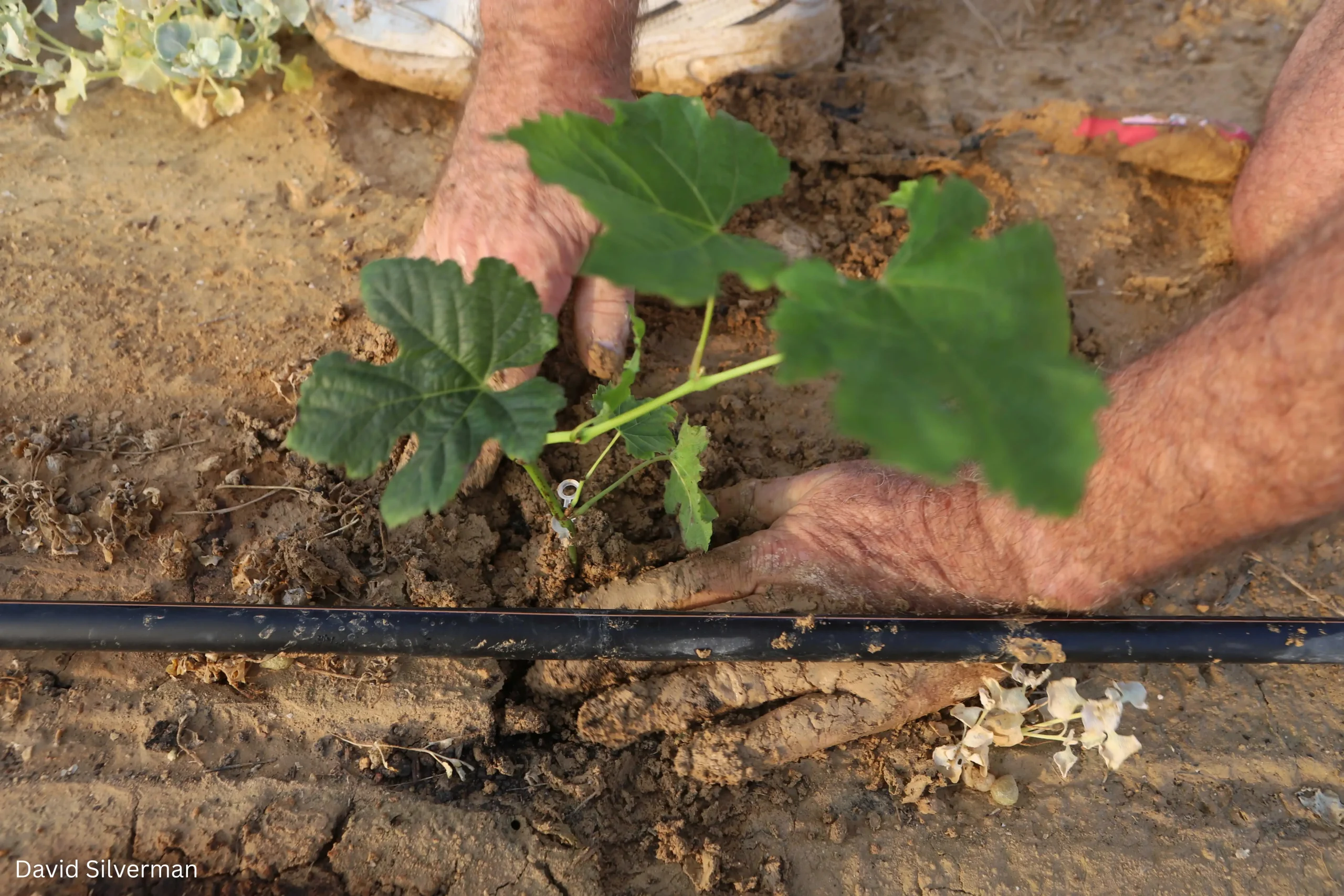The ‘K’ word is problematic for Israeli wineries producing wines of international standard, that just also happen to be kosher. Many wine consumers are quick to assume the word ‘kosher’ is a derogatory statement of quality. However the results of tastings and competitions have proved a point. Kosher wines can be world class, receive good scores and win international awards. Mark Squires, a specialist on Israeli wines, wrote in the Wine Advocate: “No one should avoid wines simply because of Kosher certifications.” He went on to say that being kosher was generally irrelevant to the judgment whether a wine was good or not.
Not all wines produced in Israel are automatically kosher. In fact there are more wineries producing non kosher wine in Israel. However more than 90% of the Israeli wine produced is kosher. This is because, without exception, the largest wineries only produce kosher wines.
What is a Kosher wine
Adhering to the Jewish Dietary Laws (kashrut) is essential for all orthodox Jews. The word ‘kosher’ means ‘pure’. Kosher wine laws were established in ancient times, so an observant Jew could avoid drinking ‘Yayin Nesech’ – a wine used by non-Jews to make libations for idol worship and ‘Stam Yayin’ – ordinary wine made by and for non-Jews. Customs learnt over a number of years continue, making these the oldest of all wine laws.
At The Winery
For wine to be certified as kosher, the following regulations need to be followed at the winery.
1. Only religious Jews may handle the product and touch the winemaking equipment from the time the grapes arrive at the winery. The definition of a religious Jew for this purpose is one who is ‘Shomer Shabbat’ – who observes the Sabbath. Therefore a Jewish winemaker who is not orthodox is not allowed to draw samples from the barrels. It can be frustrating for a hands-on winemaker, but though it is a nuisance, it does not affect quality.
2. Only kosher items or substances may be used in the process. Yeasts, fining & cleaning materials have to be certified as kosher and must not be derived from animal by-products. Examples of fining agents not permitted, include gelatin (animal derivative), casein (diary derivative) and isinglass (because it comes from a non kosher fish.) Kosher wine is perfectly suitable for vegetarians – and if egg white is not used for fining, also for vegans,
In The Vineyard
Kosher wines produced in France, Italy & California, only have to observe these two criteria. In Israel – ‘Eretz Ha’ Kodesh’ (The Holy Land), kosher wine producers also have to observe the following agricultural laws which date back to the agrarian society in Biblical times:
a. Orlah . For the first three years, fruit from the vine may not be used for winemaking. The flower buds are removed to prevent fruit formation. In the fourth year the vine can bear fruity and a winemaker is permitted to use the grapes.
Interestingly most wine growers will anyway choose not to use fruit for the first few years for quality reasons.
b. Kilai Ha’Kerem – Cross breeding. Growing other fruits between the vines is prohibited. In southern Europe, a domestic winery may train its vines high, and grow its vegetables underneath. This would be prohibited, but anyone interested in quality has abandoned this practice anyway.
c. Shmittah – Sabbatical Year. There is a law recorded in the Bible which states that every seventh year, the fields should be left fallow and allowed to rest. However because of economic realities, a special dispensation is given to relieve farmers of this requirement and the land is symbolically sold to a non Jew for the duration of the seventh year. The idea of resting the land or introducing a nitrogen cycle is a common practice in today’s agriculture.
d. Terumot & Ma’aserot. This is a symbolic ceremony when over one percent of the production is poured away in remembrance of the ten per cent tithe once paid to the Temple in Jerusalem.
Both Shmittah and Terumot & Ma’asarot are the hardest to explain, being almost seen as voodoo-type practices by outsiders. In fact both give a strong message of social justice and egalitarianism. The concept of giving the land and its workers a one year sabbatical and reserving part of the harvest for the poorer strata of society, was a socially progressive idea in Biblical times. These practices address the most profound issues of spirituality v.’s materialism, but remain mainly symbolic.
There are only three basic categories of kosher wine which will appear on a back label:
Kosher. Permissible for Jews, who observe the Jewish Dietary Laws.
Kosher for Passover. Wine that has not come into contact with bread, grain or products made with leavened dough. Most kosher wines are also “Kosher for Passover”.
Kosher le Mehadrin. Wine for which the rules of kashrut have been stringently approved.
So far it may be seen, there are rules full of ritual & tradition. Notice though, there are no regulations affecting the quality of the wine and standard winemaking procedures are followed in the harvesting, fermentation, maturation, blending and bottling.
The issue of Mevushal Wine is more controversial.
Yayin Mevushal.
‘Mevushal’ wines must be flash pasteurized to 175 degrees fahrenheit or 80 degrees centigrade. The requirement relates to wine handling and service, but is only relevant to orthodox Jews and is usually only required in the context of kosher catering. If a wine is mevushal, a non-observant waiter is permitted to serve the wine, to a strictly religious person. Usually it is the lesser expensive wines used in kosher banqueting that may be mevushal, but without doubt, the best quality Israeli kosher wines are those which are not mevushal.
Kiddush Wines
The category that has done untold damage to the image of kosher wines are the infamous Kiddush or Sacramental wines. Often tasting like sugared water, the importance to the consumer has always tended to be price and religious certification rather than quality. These wines are usually made from a mixture of must and wine, a mistelle, and often from Labrusca varieties. They are often used by Jewish communities or families to make kiddush – the blessing over wine on Friday night.
The custom grew because a sweet wine lasted from week to week and the children also liked it. Also Christian communities seeking wine from The Holy Land will also use similar wines as Altar or Communion wines. Interestingly sales of kiddush wines are in decline as religious families turn to grape juice or table wines instead.
Finest Kosher Wines In The World
The kosher certification provides a similar quality assurance to the ISO systems. All raw materials like yeasts, barrels and fining agents have to be prepared under the strictest quality and hygiene standards. Origin and traceability are key. No winemaker may use anything in the winemaking process, which is not thoroughly checked and approved beforehand.
Israeli wine represents for the religious Jew the largest range and best quality kosher wines in the world. Some of Israel’s finest prestige wines, which are leading the charge for Israel wines to be considered truly world class, are also kosher.
For the rest of the world, Israeli wines represent high quality, from an exotic region in the Eastern Mediterranean, and it is of secondary importance if the wine is kosher or not. The objective for wineries producing kosher wines remains ‘to make the best possible wines…. that just happen also to be kosher!’
Adam Montefiore works for Carmel Winery and regularly writes about wine in both Israeli and international publications.

















